- News
-
-
-
-
-
Latest News Articles
- WSB: Study tests accuracy of thermal drone surveys April 26, 2024
- Computer model explores Tribal use of fire for ecosystem health April 26, 2024
- 2024 TWS Elections: Southwest Representative April 25, 2024
-
-
-
- Wildlife Professional Resources
-
- Our Network
-
- PUBLICATIONS
-
-
Recent Posts
-
 The Wildlife Professional November/December Issue
November 1, 2023
The Wildlife Professional November/December Issue
November 1, 2023
-
-
-
-
-
-
- Wildlife Events
-
-
-
Upcoming Webinars
- No Events
-
-
-
- Who We Are
-
Tag: primates
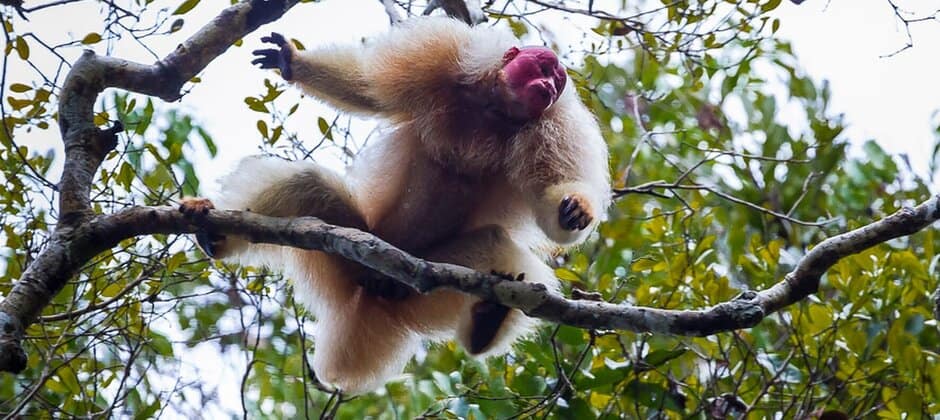
December 8, 2021
Can tourists help conserve bald uakaris?
Bald uakaris are unique looking creatures—the monkeys appear to have floating red skulls on a bulldog-sized version of Chewbacca’s body, complete with a short, football-shaped tail. The primates are a...
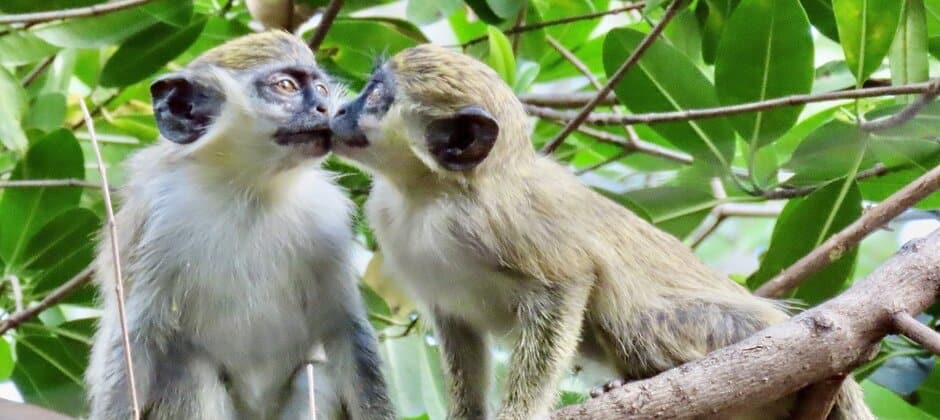
May 28, 2021
Watch: How did African vervet monkeys get to Fort Lauderdale?
An introduced population of Africa vervet monkeys living near a Fort Lauderdale airport arrived there after escaping from a chimpanzee farm more than 70 years ago. In a new study...
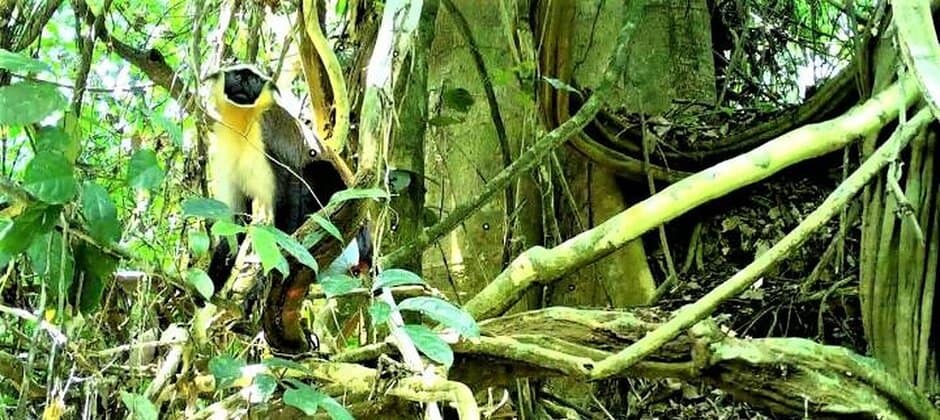
May 4, 2021
Watch: Cameras confirm rare dryas monkeys in Congo
Dryas monkeys prefer dense vegetation in thickets of secondary forest, which means the primates are difficult to detect in their native habitat in the jungles of the Democratic Republic of...
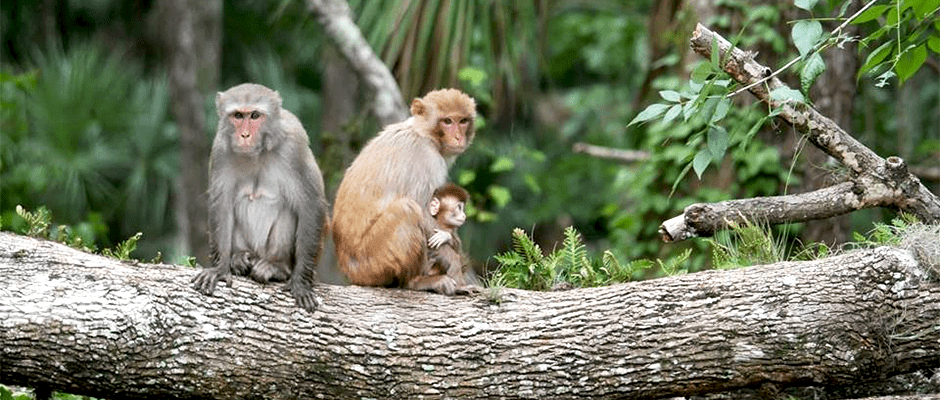
December 7, 2018
JWM: Unmanaged, nonnative macaques boom in Florida park
A population of nonnative rhesus macaques (Macaca mulatta) introduced in central Florida is set to double by 2022 unless steps are taken to reduce it, biologists found. But dealing with...
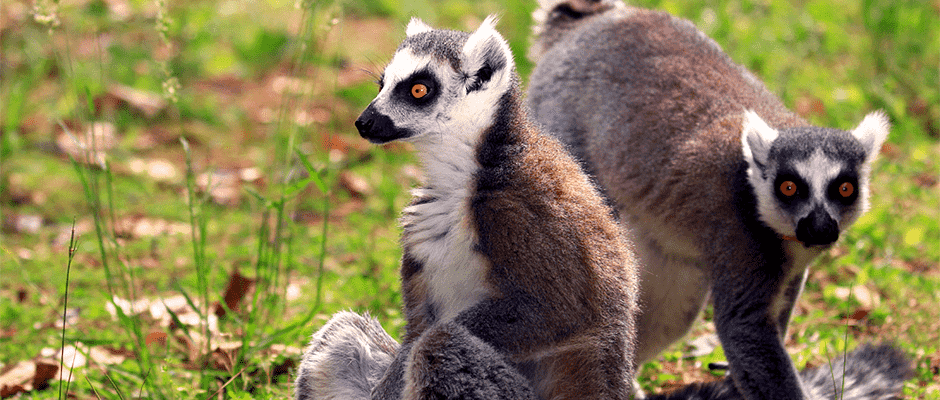
April 24, 2018
On Georgia island, clever lemurs get all the attention
In the lemur world, smarts could mean popularity. New research found that lemurs spent more time with individuals who figured out how to complete a foraging challenge fastest. “Lemurs tend...

